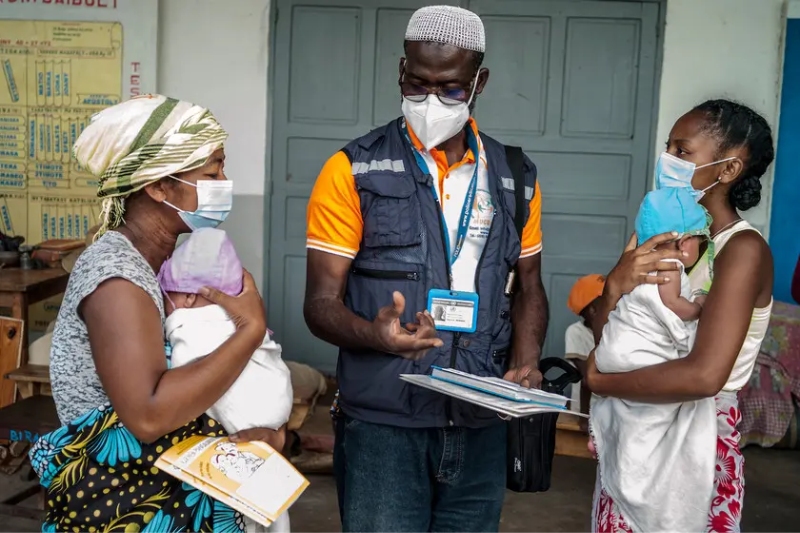Introduction: Battling Malaria in Douala
In the bustling city of Douala, the economic capital of the country, a collaborative effort between the Ministry of Public Health, the World Health Organization (WHO), and the United Nations International Children’s Emergency Fund (UNICEF) has been initiated to combat the widespread occurrence of malaria. This ambitious campaign primarily emphasizes preventative methods, with a spotlight on immunization. However, despite its critical importance, the early phase of the campaign encountered setbacks, primarily due to a noticeable lack of public participation.
Challenges Faced in the Initial Phase
The designated vaccination center at Japoma Health Center, located in the third area of the city, reported a disappointing attendance rate, particularly among females. A significant number of individuals expressed that their absence was due to inadequate information about the campaign’s commencement. This information gap has resulted in parents, especially mothers, being hesitant to allow their children to participate in the immunization program.
It appears that a strategy oversight or a communication gap may be contributing to the low turnout. Many mothers voiced opposition to the vaccination, expressing concerns about the safety and necessity of the administered vaccines. This apprehension became evident as some mothers encountered in the streets of Douala expressed reluctance to participate in the campaign. The authorities are now faced with the imperative task of reevaluating their outreach methods and communication channels to effectively bridge the existing information gap.
Keep Reading
Addressing Concerns and Moving Forward
To ensure the success of the campaign, it is crucial to address the worries and misconceptions surrounding the vaccination initiative. Authorities are committed to increasing efforts to educate families about the benefits of the malaria vaccine and to raise awareness about its importance. The campaign aims to persuade parents to overcome their reservations and bring their children to the allocated vaccination centers in the coming days.
Despite the early obstacles, the commitment to the cause remains unwavering. Authorities recognize the need to adapt their strategies to the specific concerns of the community, ensuring that the information reaches the public effectively. Dispelling misconceptions and addressing worries is pivotal for fostering acceptance and active participation in the vaccination campaign.

